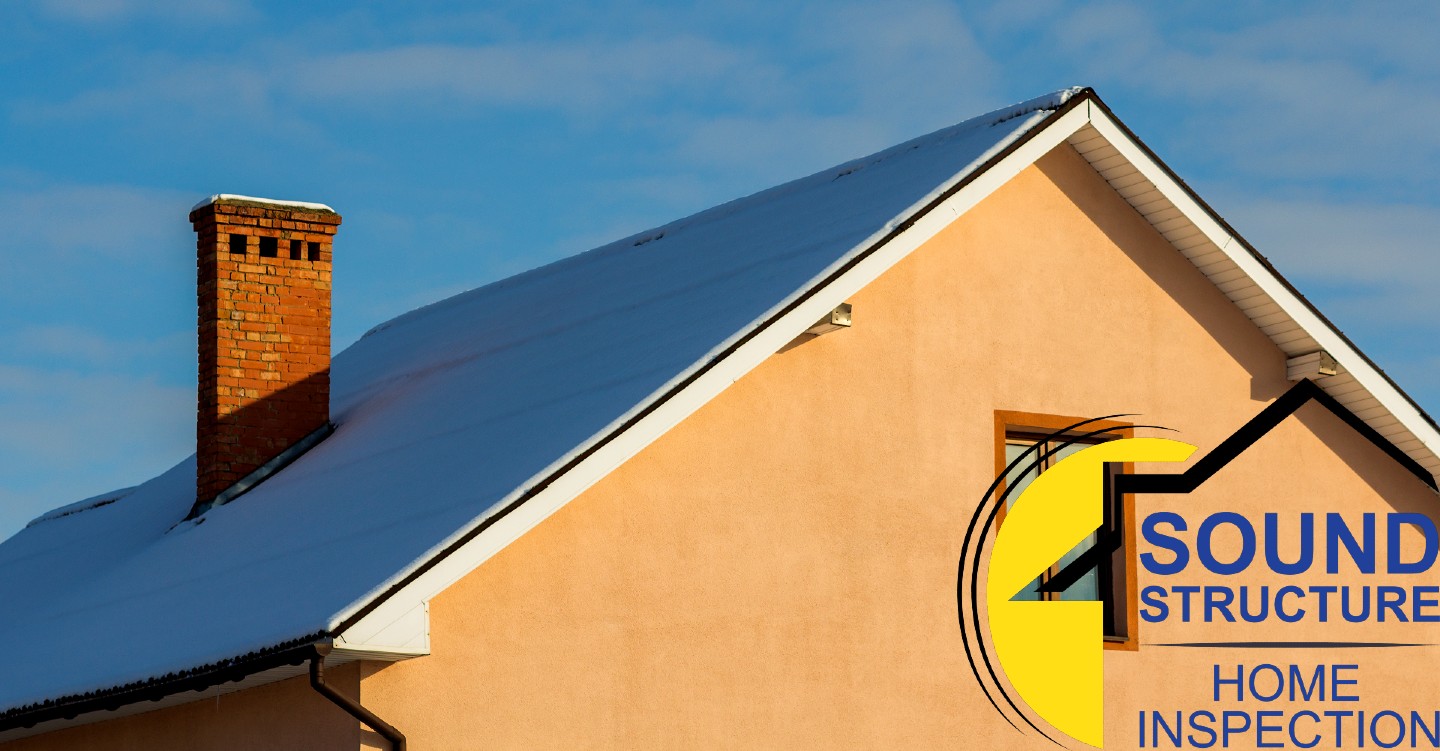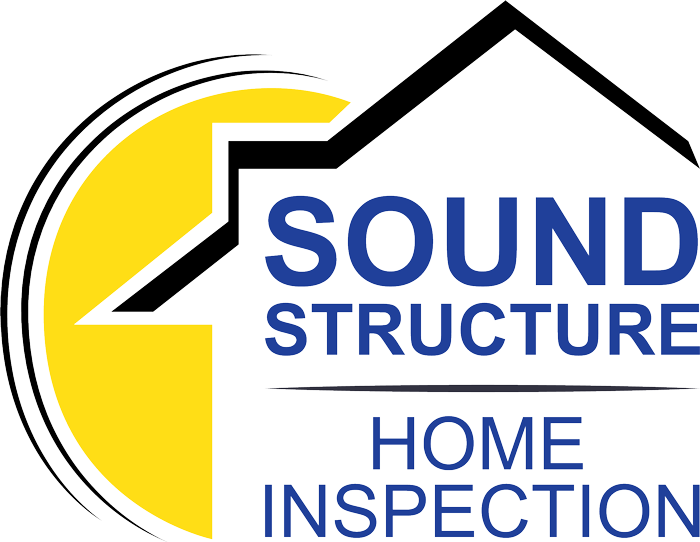
When scheduling a home inspection, an inspector will look at multiple elements of your home to determine if they are structurally sound. One of these you may not consider is a chimney inspection. It’s not surprising that it can be overlooked; while many home inspectors will look for signs it is falling apart or a potential leak, they don’t go much deeper. This is where a specialized chimney inspector comes in. But is one needed for your home? Here is the key information to consider.
Why You Need a Chimney Inspection
When you have a chimney in your home, you may not think about getting it inspected. However, there are multiple reasons that getting an inspection done can be beneficial. For starters, getting it cleaned and inspected prevents fires that can damage your home. Not cleaning the equipment in the fireplace is the leading cause of home heating fires. In addition, using your chimney results in the buildup of creosote. This residue is the collection of smoke, particles, and gases from fires burning in the chimney. The more the creosote builds up, the harder it is to remove. Finally, a chimney obstructed by materials such as sticks, leaves, or nests, prevents gas from escaping. This leads to fine particles that may enter your home and cause burning eyes, runny nose, and amplifies asthma and bronchitis.
What Is In an Inspection
Once you select a certified technician to inspect your chimney, they will first check its interior to look for potential damage. Using a camera, they examine the inside and take photos and videos to look for issues with the flue and gas lines. They also check the entire system, as smoke from your chimney can find its way to attics or basements. In addition, as the roof is connected to the flue and exterior brickwork, it is reviewed as well.
A quality chimney technician will also to determine if a structure fire occurred, which can impact the contract during the home buying and selling process. They also look for structural damage caused by previous fires. This may indicate the chimney is in need of repair or replacement. Other items an inspector review is if items are obstructing the chimney and if there is any water damage.
Proactive Maintenance Options
There are things you can do on a proactive level to keep your chimney or fireplace safe. First, make sure you read and understand instructions on your fireplace as well as specific elements. Also, use only well-seasoned, dry wood in a fireplace, and learn the best places to store wood when not used.
A chimney can be a major addition to your home, and attractive to potential buyers. By understanding how to have it inspected, you are able to keep it well-maintained and at its best performance during the colder months.
